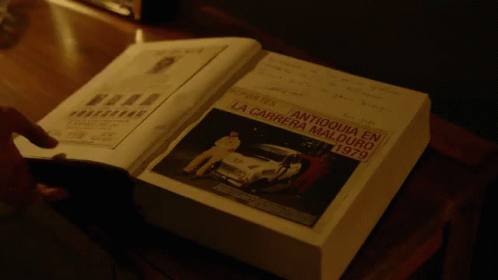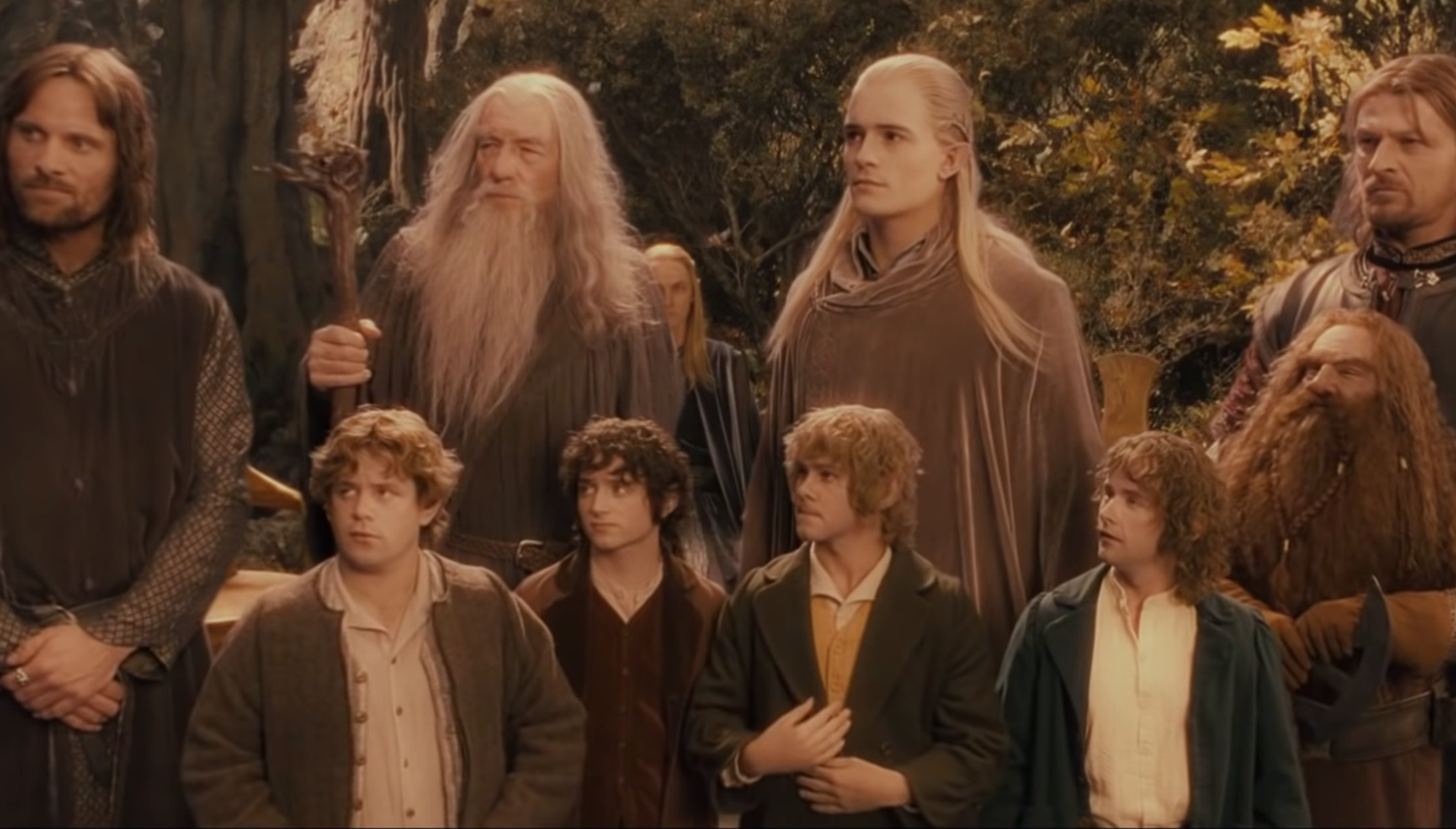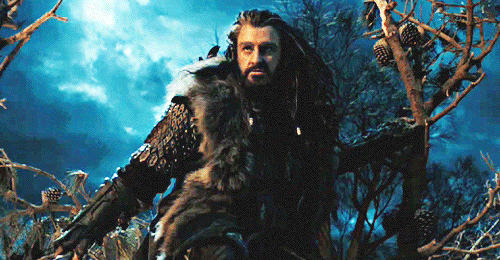
I feel like both readers and authors take DNFs particularly hard. For those who don't know, "DNF" stands for "Did Not Finish" and if a reader DNFs a book, they started reading it and decided not to finish it. While I feel like readers and authors take DNFs hard, I can understand why. As a reader, you've chosen a book that you expected to like and it turned out not to be to your liking. It may feel like giving up. As an author, you've spent months or years working on a book only for someone to come out and say they didn't like it and didn't even finish it. Today, I'd like to share my perspective on DNFing a book and why I don't think it should necessarily be considered a bad thing.
I asked people on Twitter why they DNF'd the last book they chose not to finish. The majority said that they DNF'd the book because they simply weren't enjoying it. A few mentioned not having time, but most said they weren't enjoying the book and stopped reading to find a new selection. More often than not, that's the same reason why I've chosen not to finish a book. I love reading, I love books but not every book is going to fit every reader's tastes. It's unfair to the reader, and even more unfair to the book and the author, to be expected to finish a book the reader isn't enjoying. If I force myself to finish a book I don't enjoy and didn't want to keep reading, rather than just DNF it, when I go to rate it, as I do with every book I finish, it's not going to get higher than 2 stars, maximum. I don't think this is fair to the author when I might not be the book's intended audience. Or the novel might be one of my favorite genres, but I've decided I need a break from that genre. If I don't finish a book, I don't rate the book. Then, I continue on with my day.
Another important factor to consider, when discussing DNFing a book, is a reader's personal tastes pet peeves, and boundaries. This fits in somewhat with the above point, but I wanted to discuss separately. Some readers strongly dislike books written in the first person perspective; others love it. There are a few readers I know who started reading a specific book, realized they just really didn't like the first person POV and DNF'd it, even though they liked the story. Some readers don't enjoy novels written in vernacular language (a la Huck Finn) or with flowery language, and reach a point where they decide they have to stop. Sometimes, unfortunately, there is an issue with subject matter. Authors don't always provide information up front about a book's subject matter when it deals with heavier themes or topics, such as mental health, trauma and things of that nature. Readers may choose to DNF a book because they picked it up, not realizing it was going to be about such a heavy topic. Maybe they simply aren't in the right headspace to read it at that time. It's important to note that, in most cases, when a reader DNFs a book, they're basically saying "it's not you, it's me". The book hasn't "done" anything wrong.
There seems to be this unspoken assumption that if you DNF a book, that's the end-all, be-all for it. The reader is going to drop the book like a hot potato and never look back. That isn't necessarily the case. People change, their tastes change. If I DNF a book today, I'm not barred from deciding to maybe give it another try in a year or two.
A book being DNF'd is an unavoidable part of that book being published. Just like how every book has at least one negative review, every book has at least one reader who elected not to finish reading it. It's just part of the process. On its surface, it's essentially a neutral thing, yet it's viewed as a negative. The stigma around DNFing books, or your book being DNF'd is undeserved in my opinion. It's unavoidable and better than the alternative: continuing to read a book you dislike and giving it a terrible, scathing and usually unwarranted review.
Do you DNF? What's your opinion about DNFing a book?
Follow Me Elsewhere: Facebook \ Twitter \ Goodreads \ Instagram
Buy Me A Coffee?








